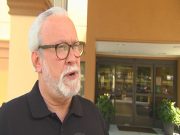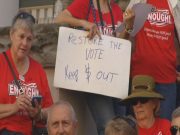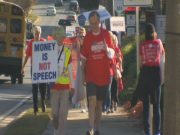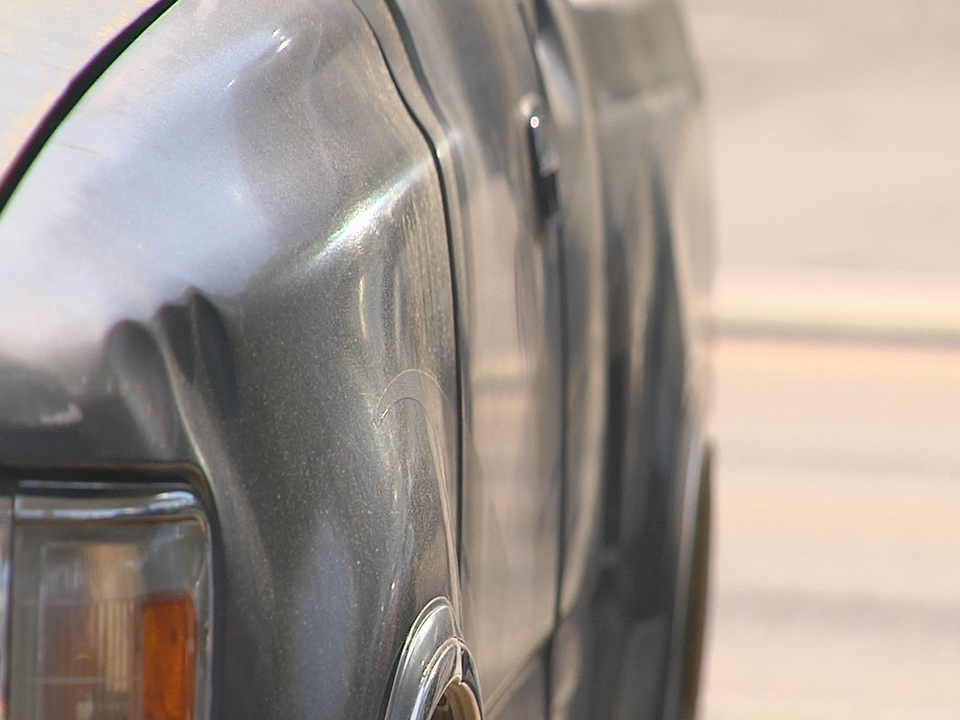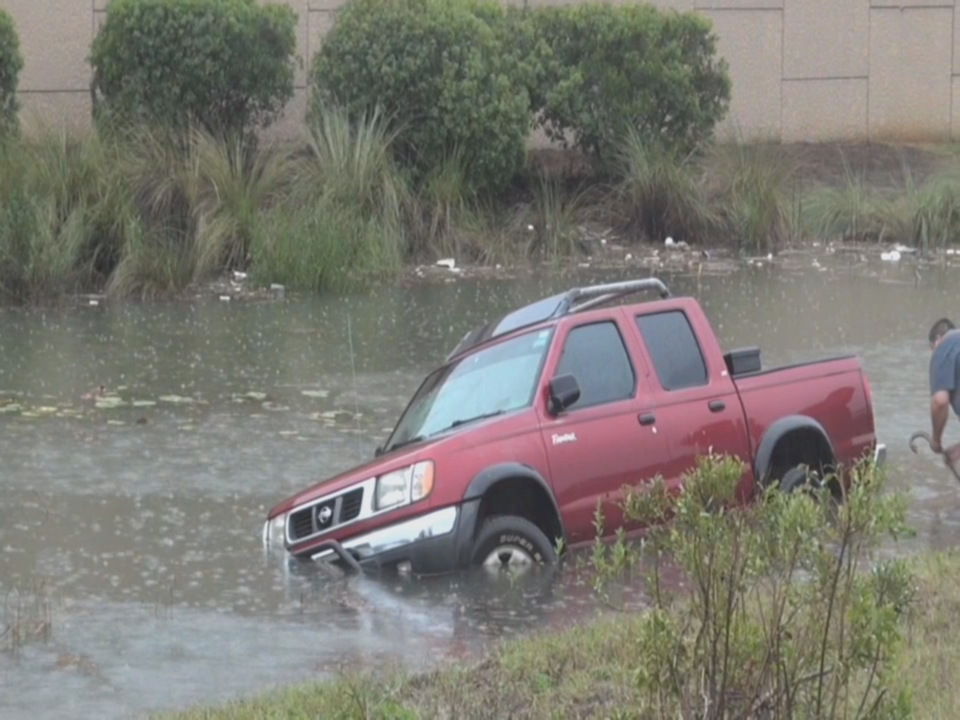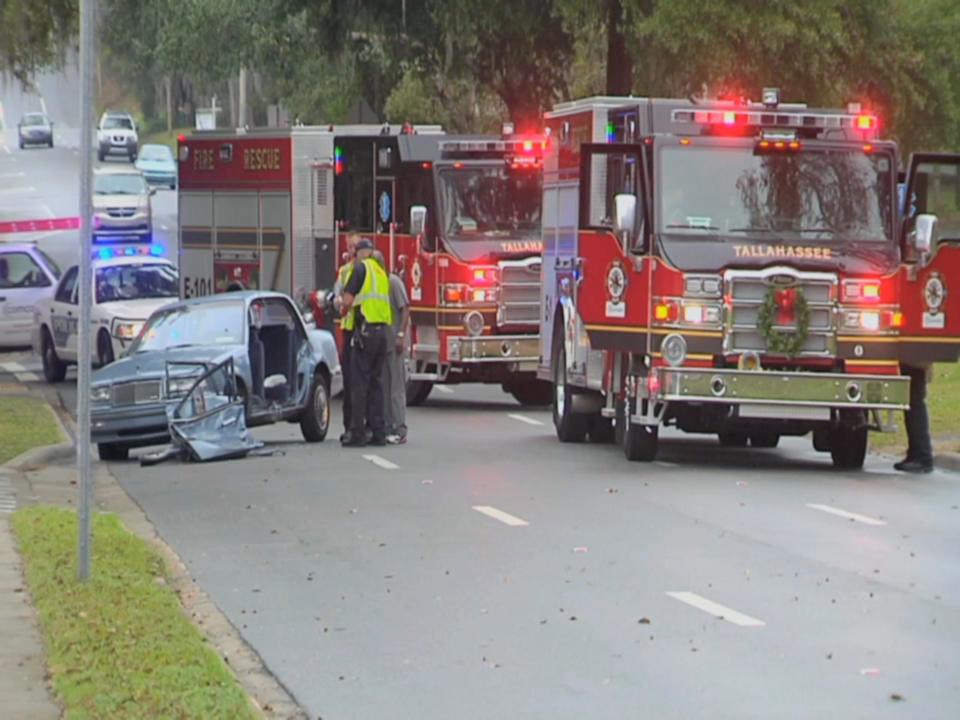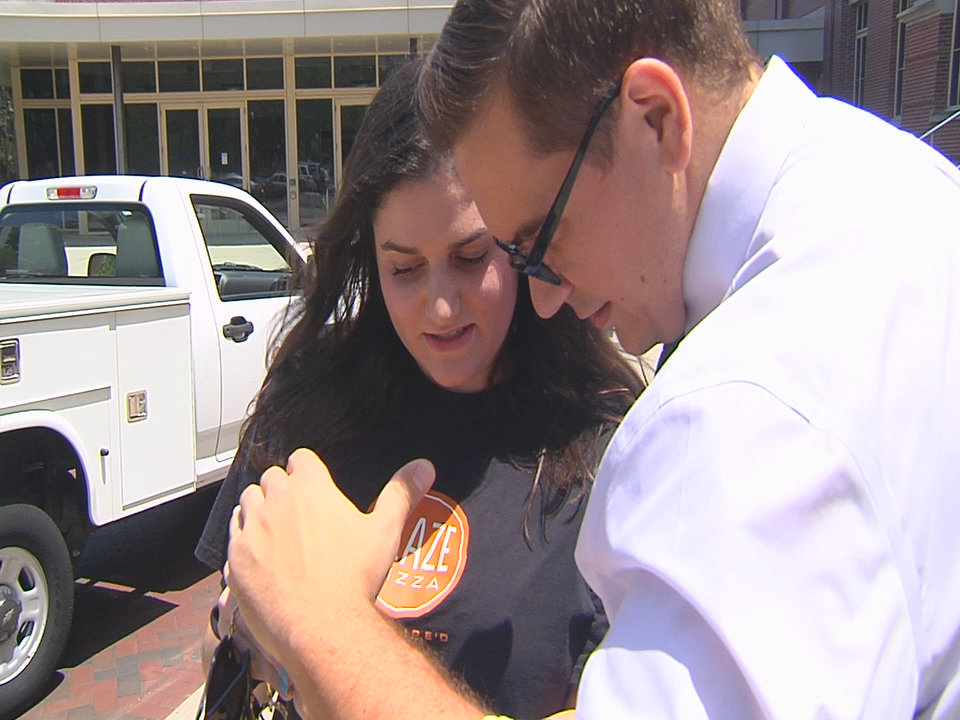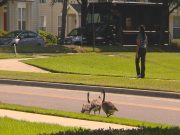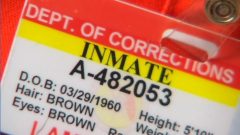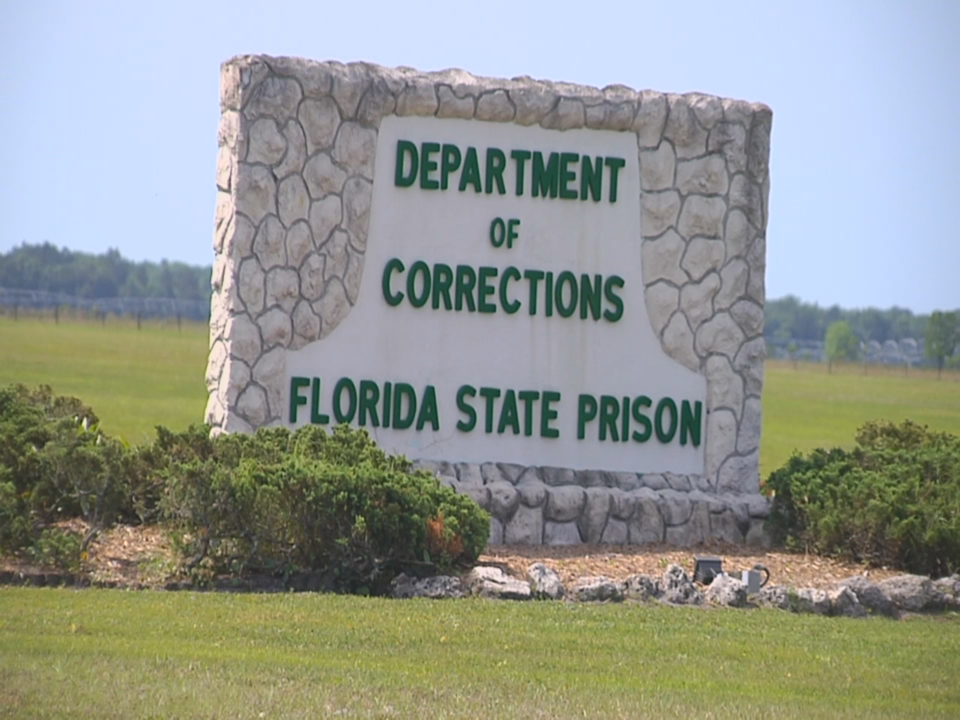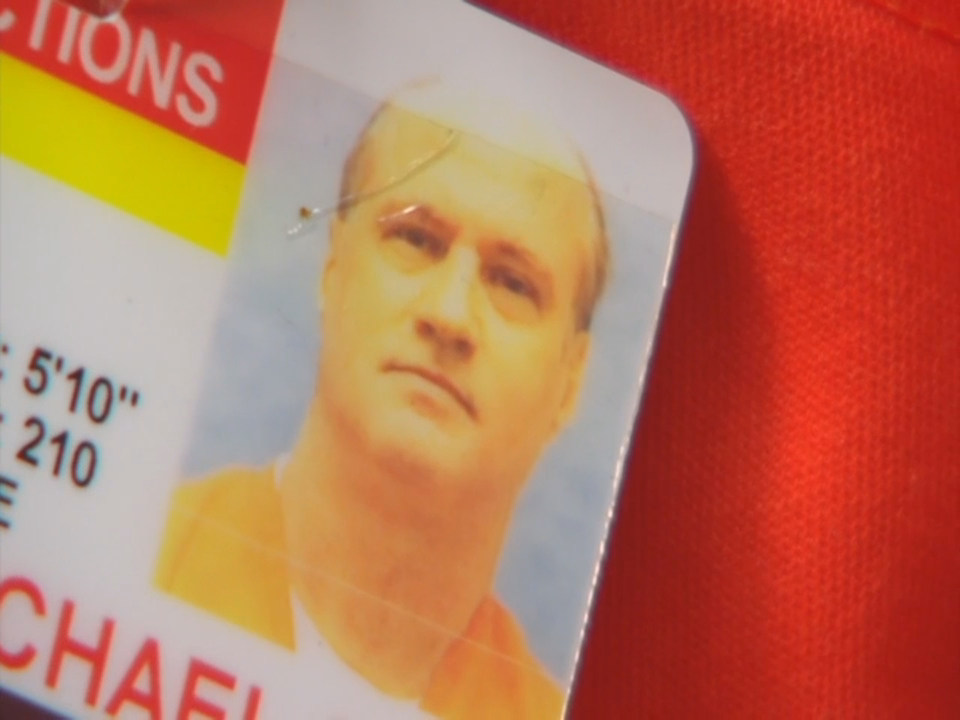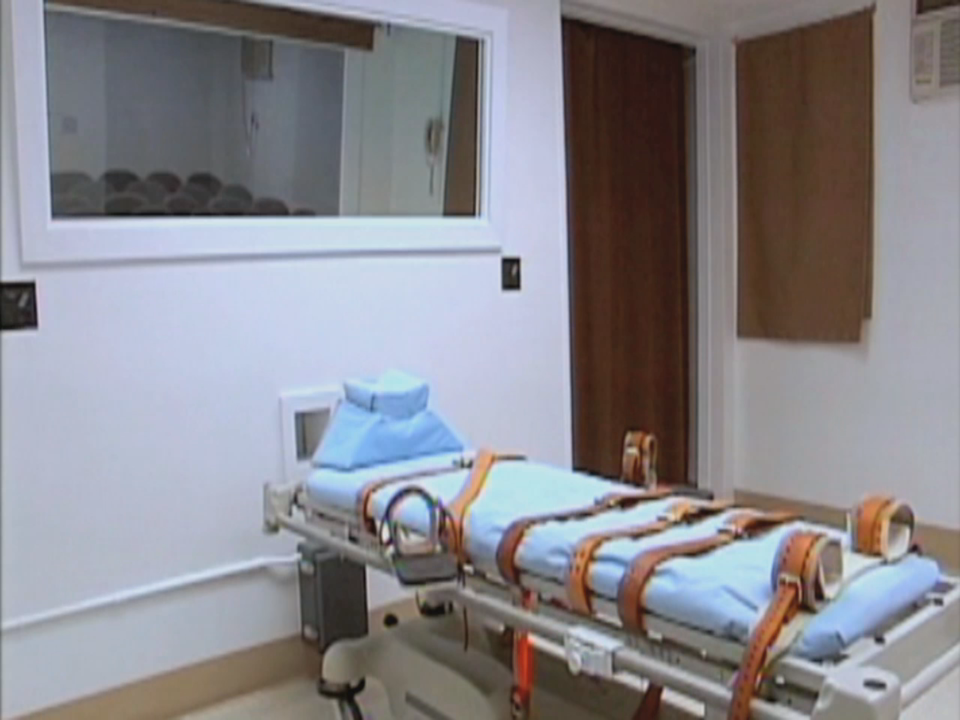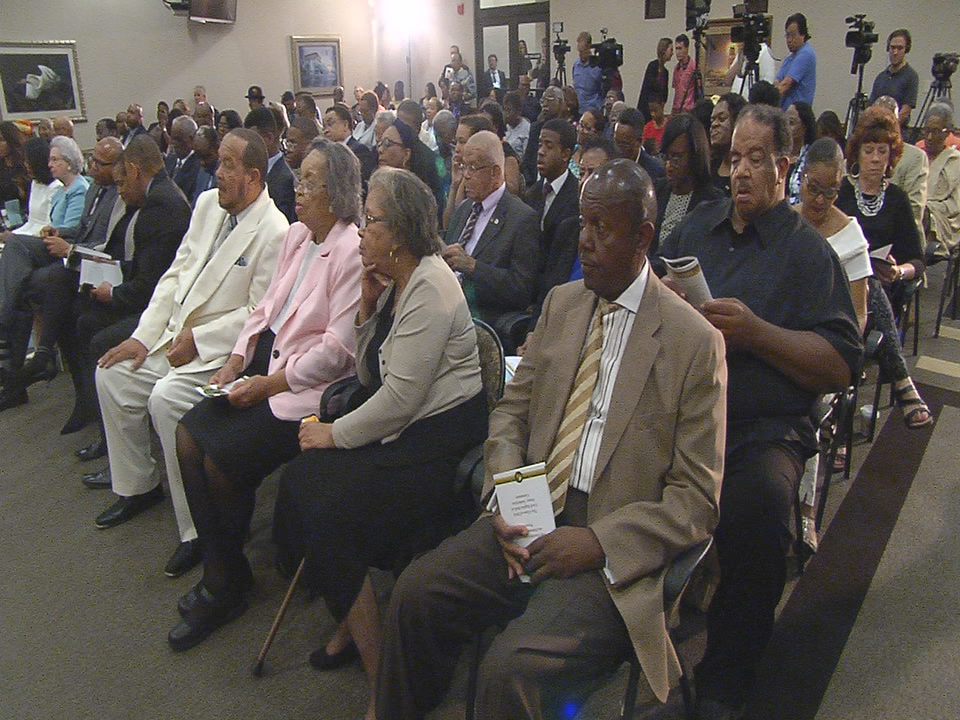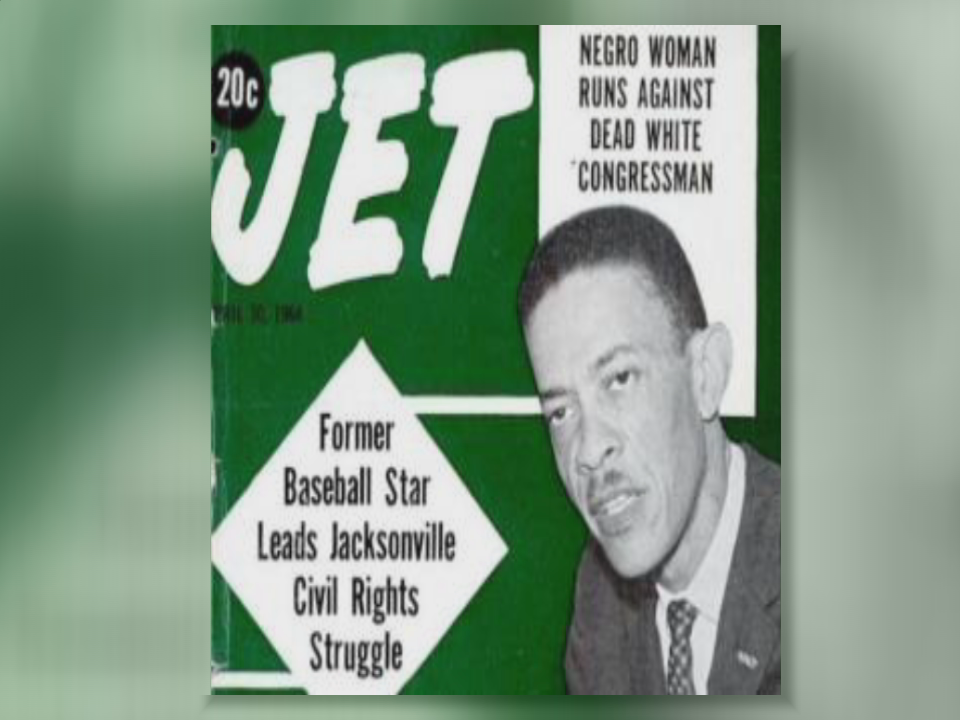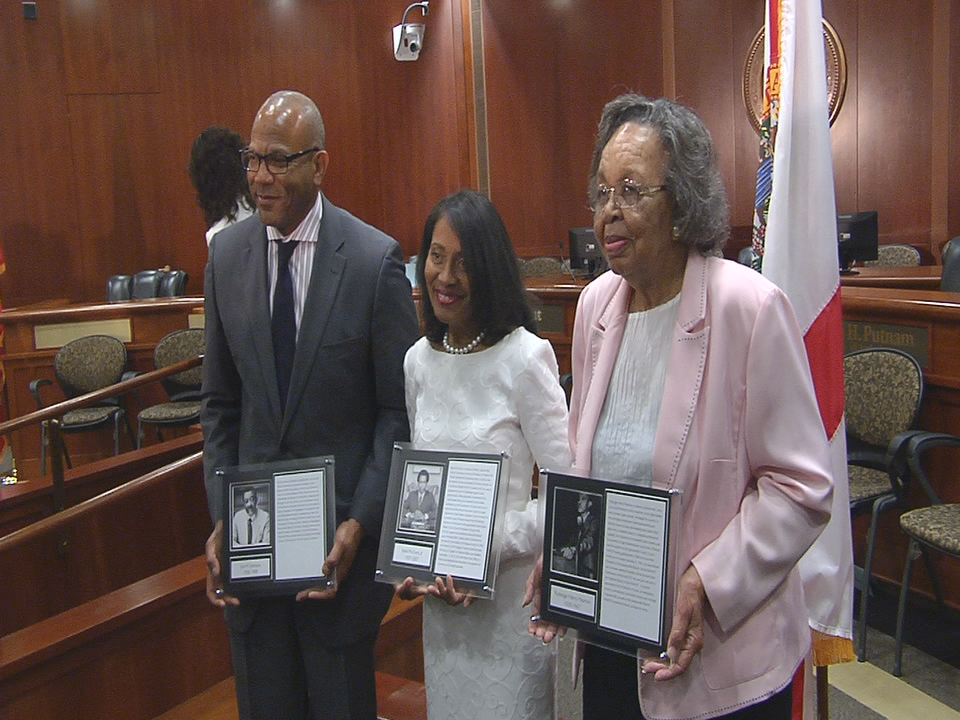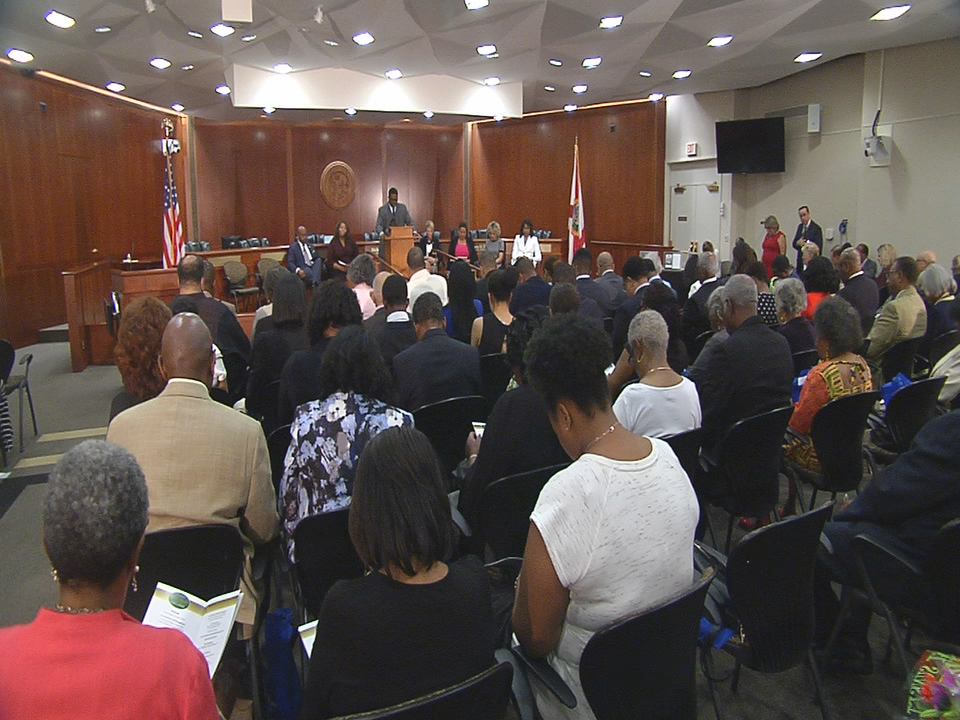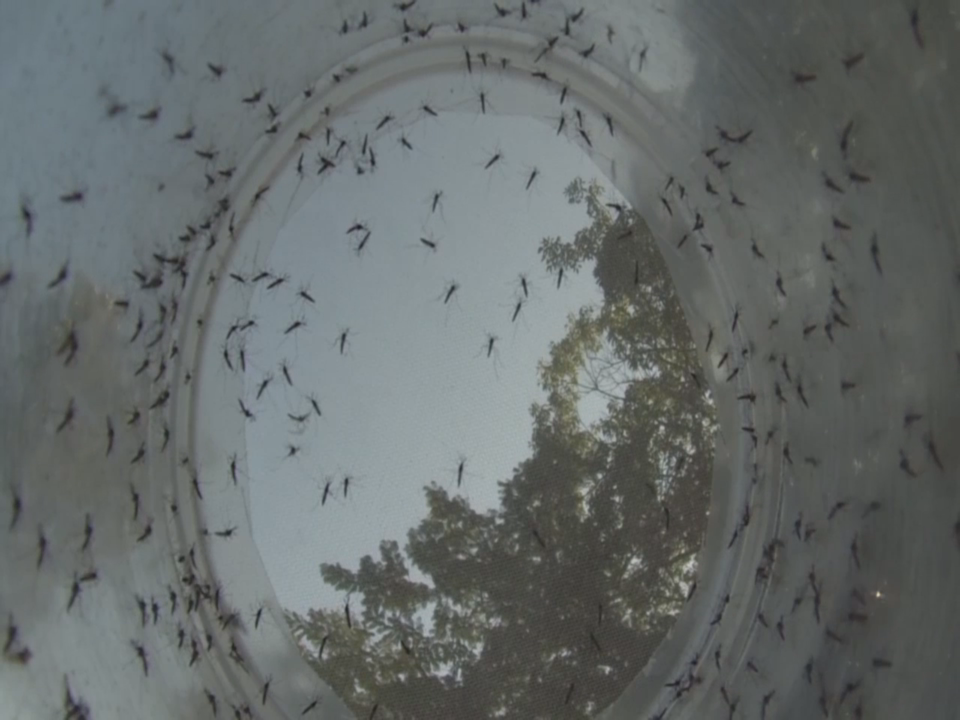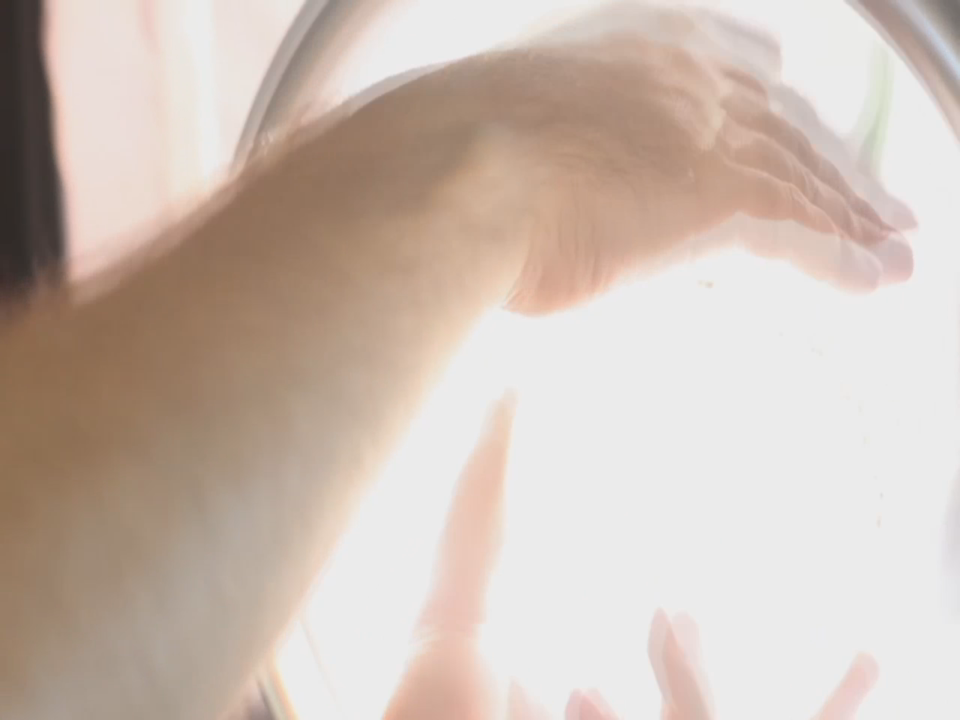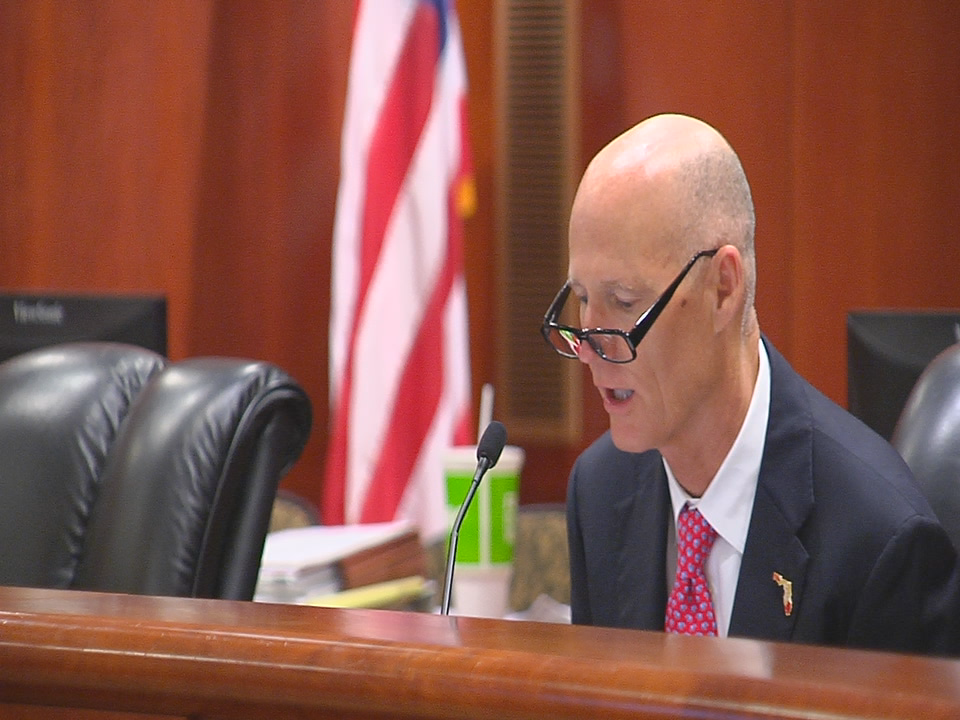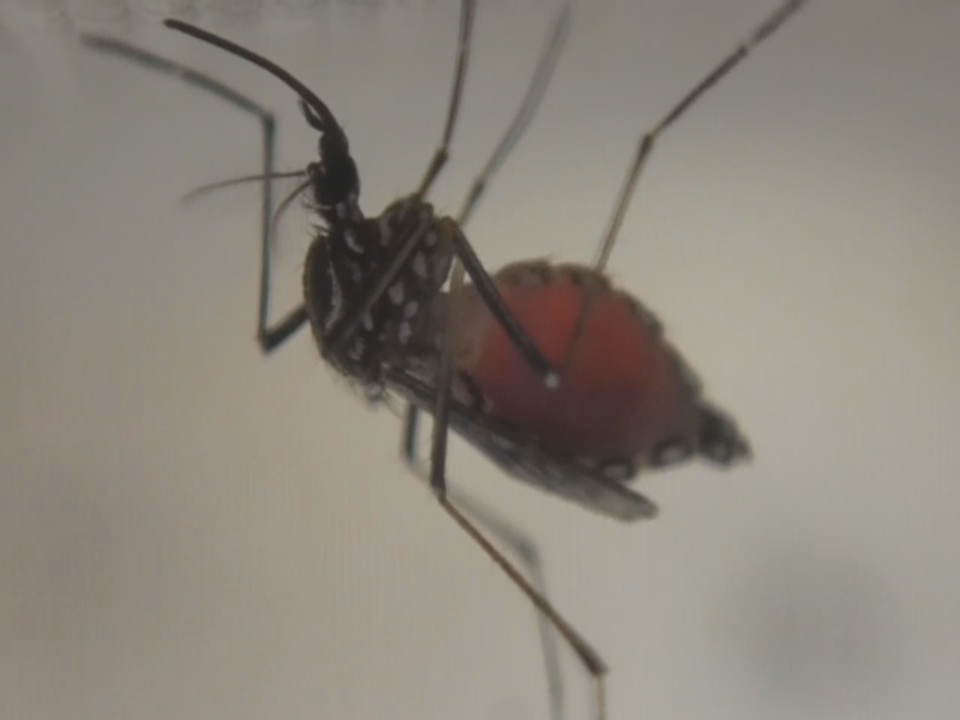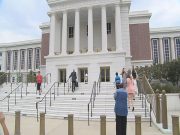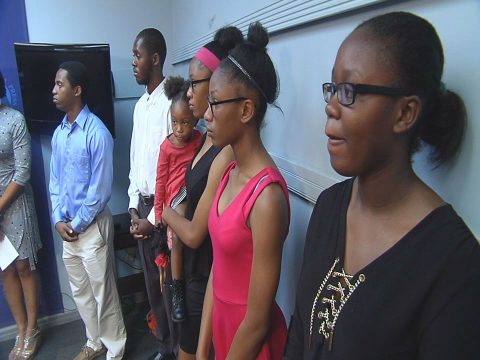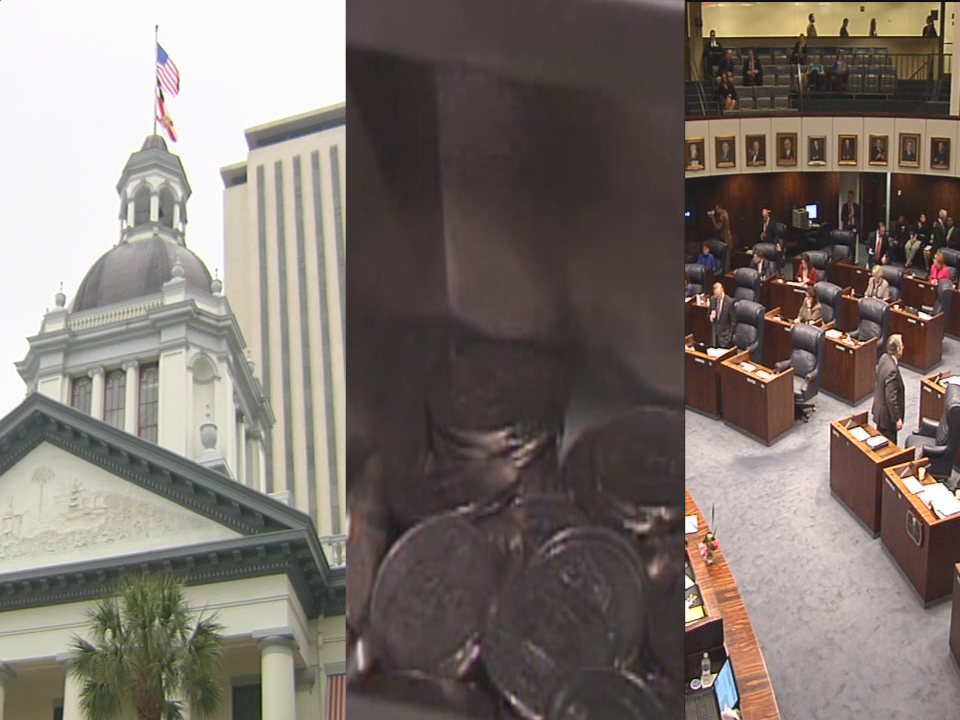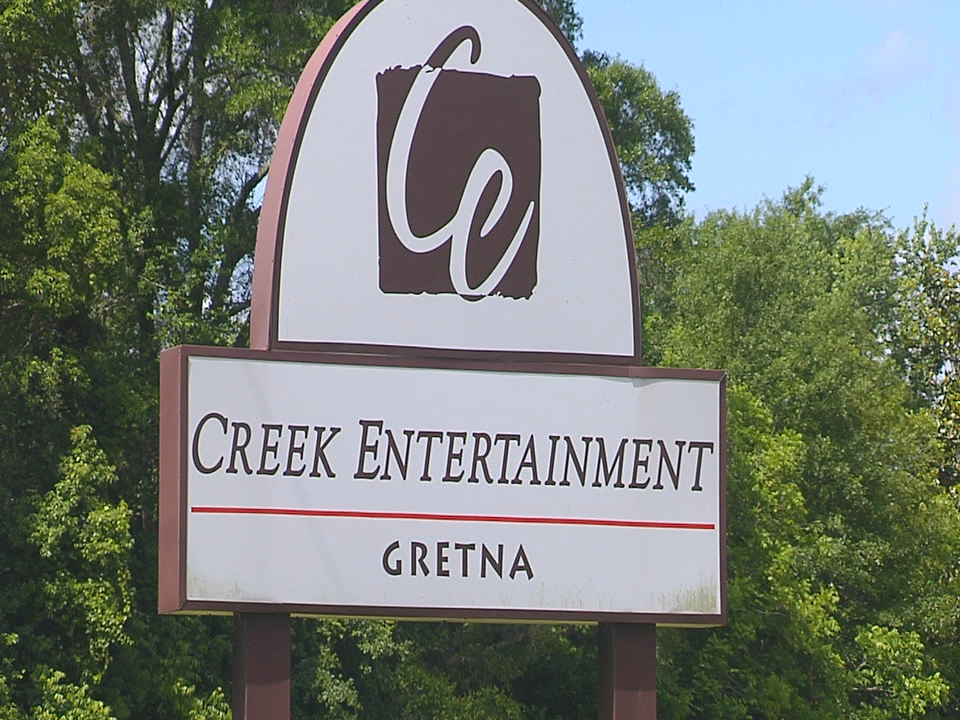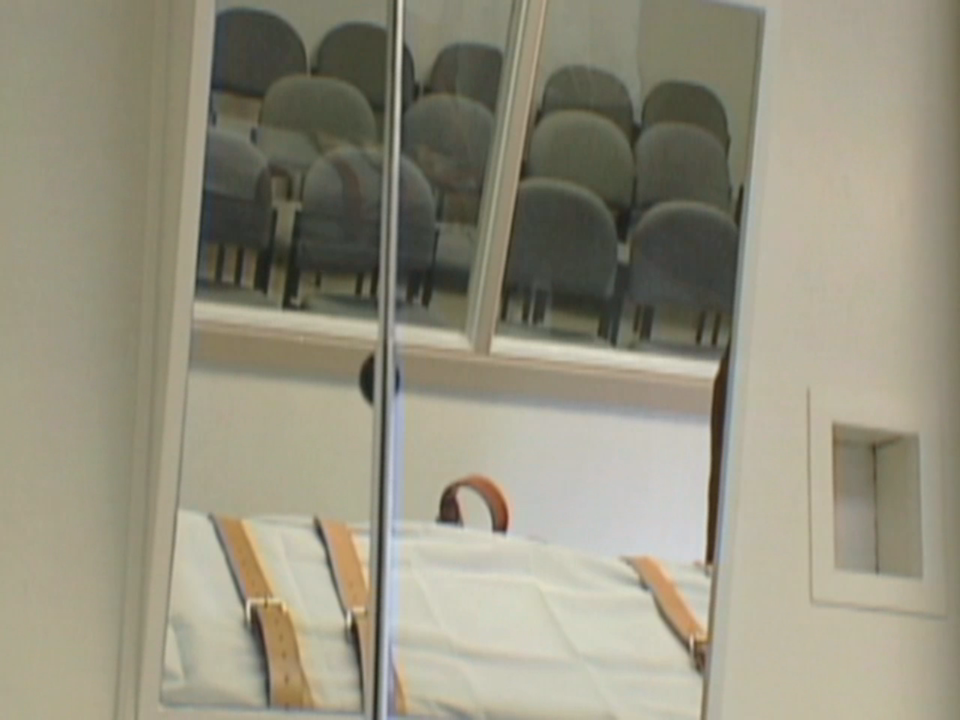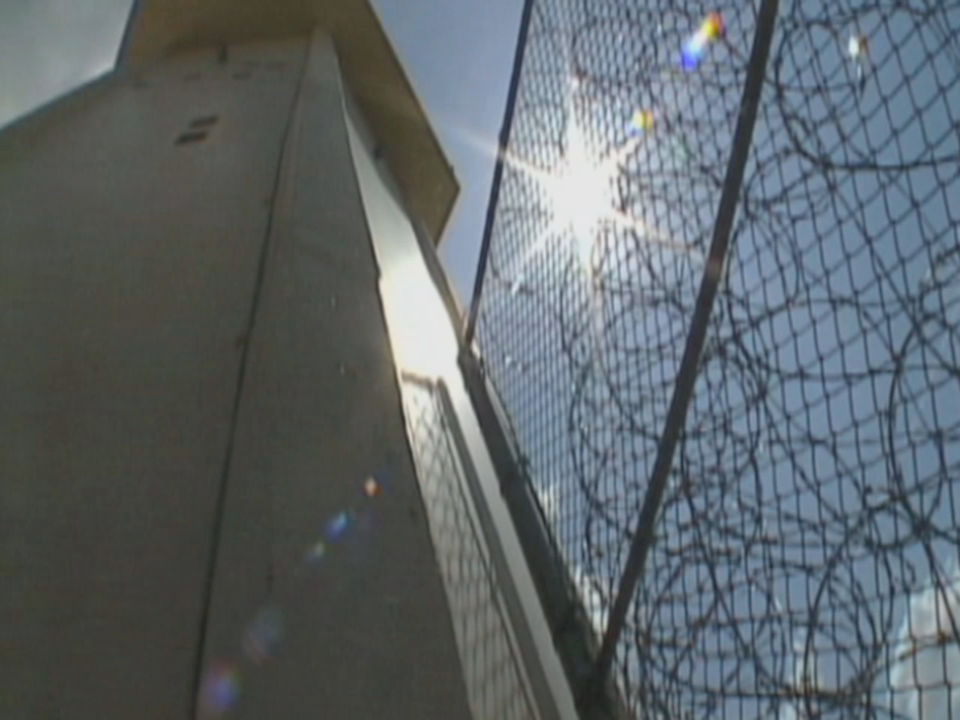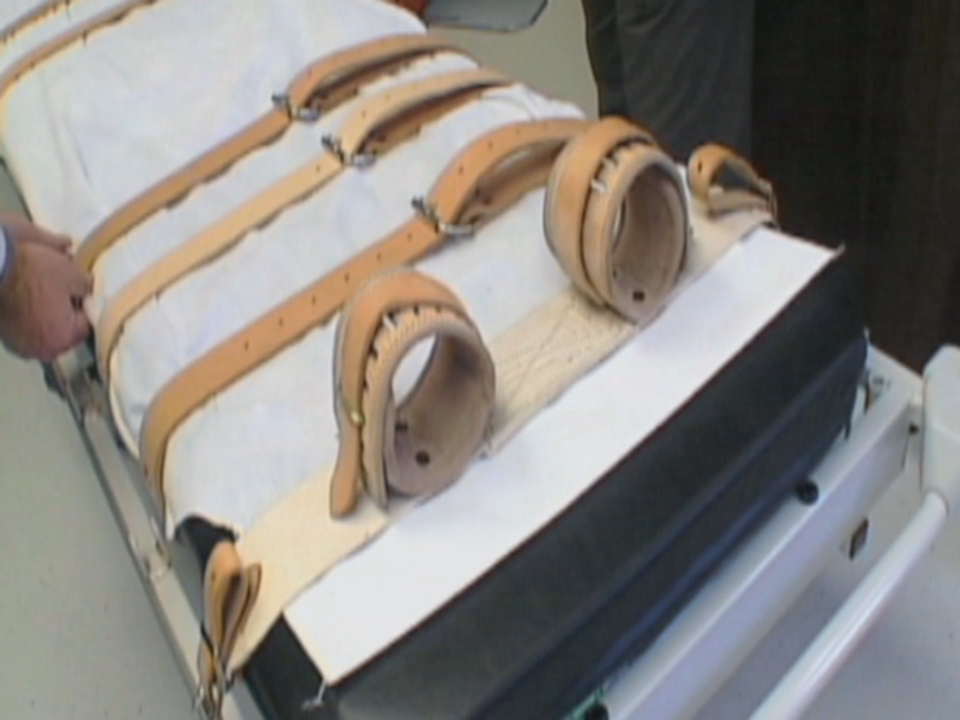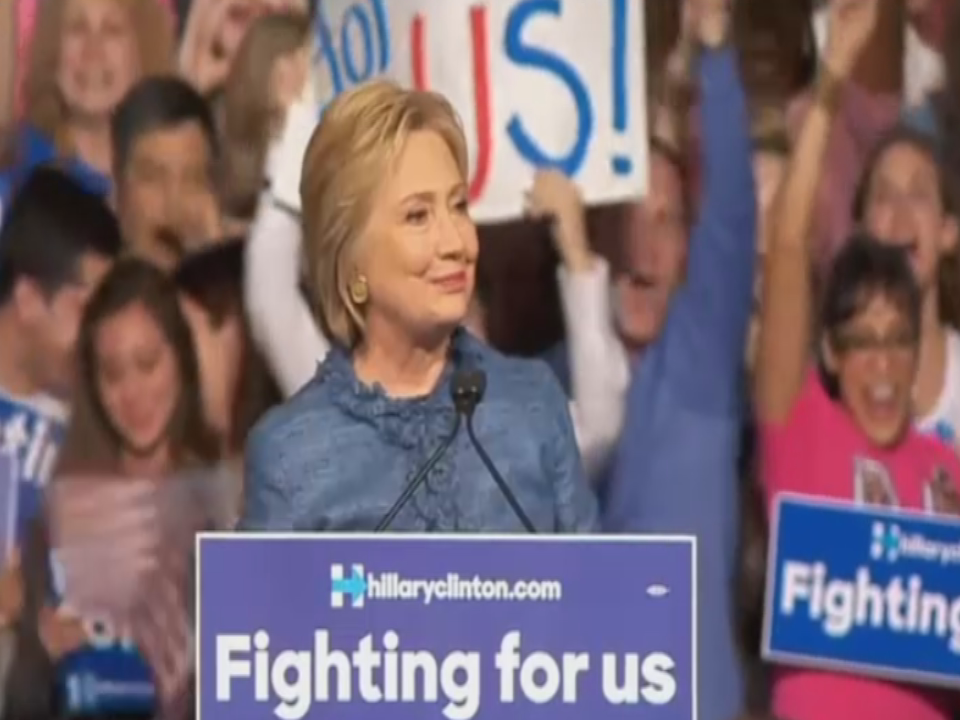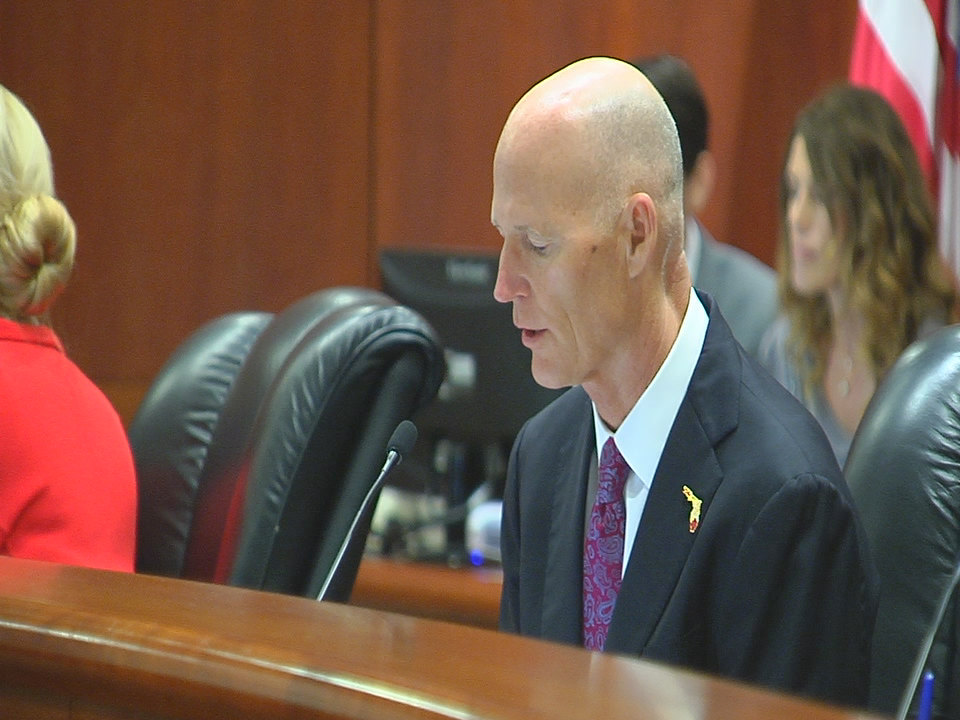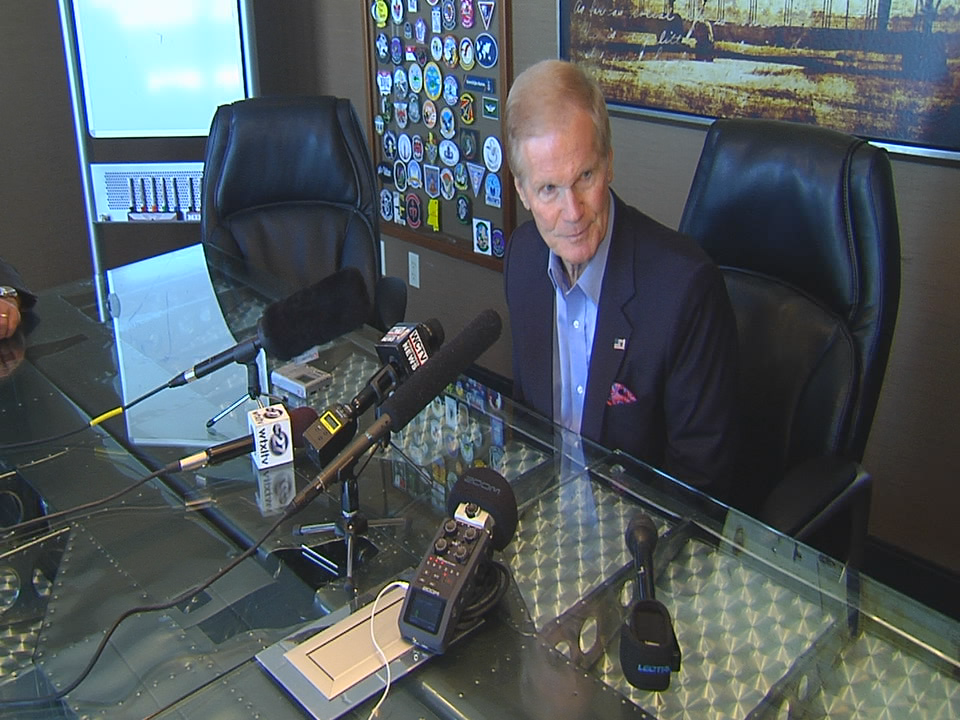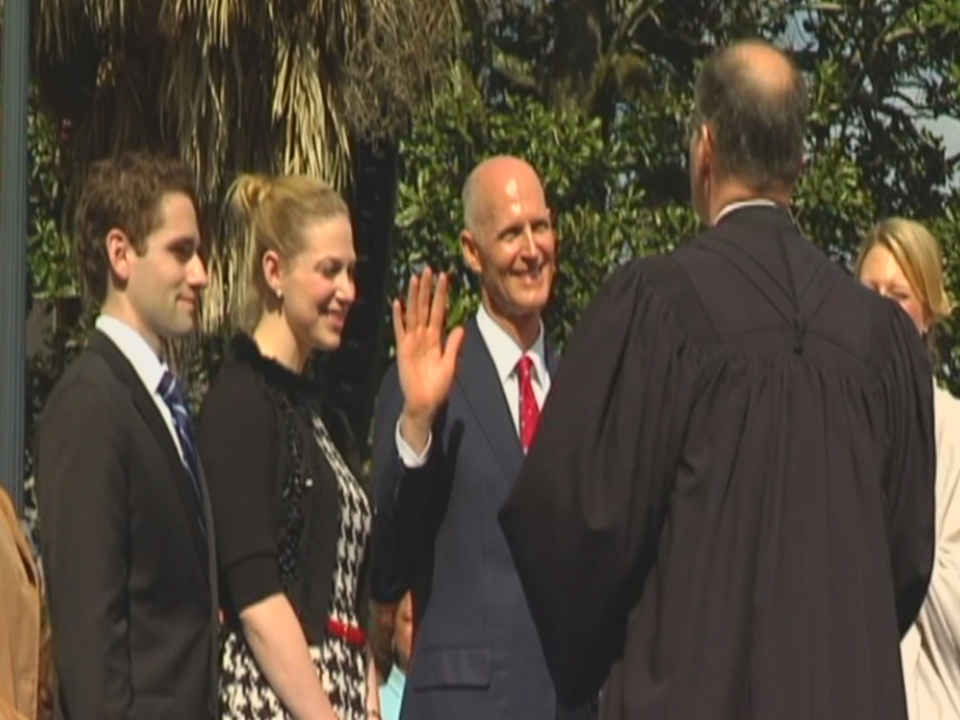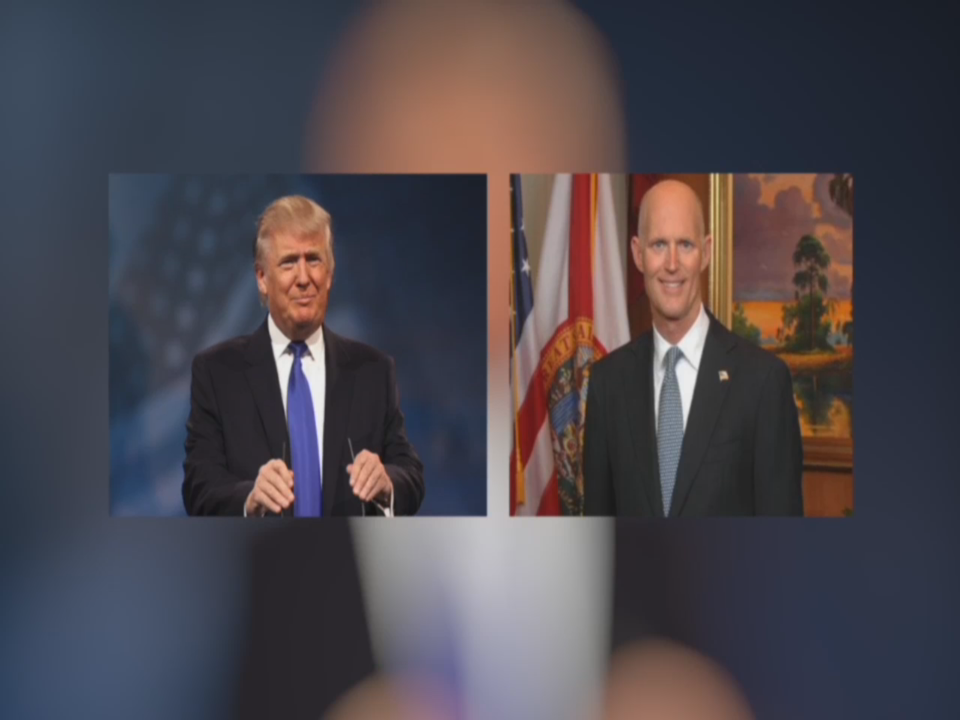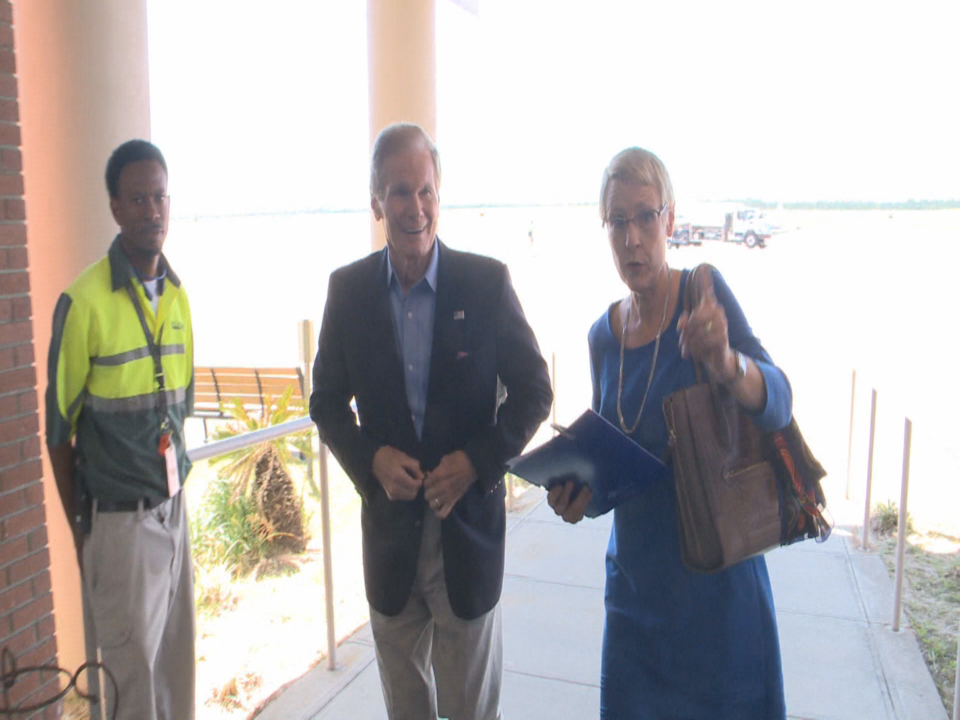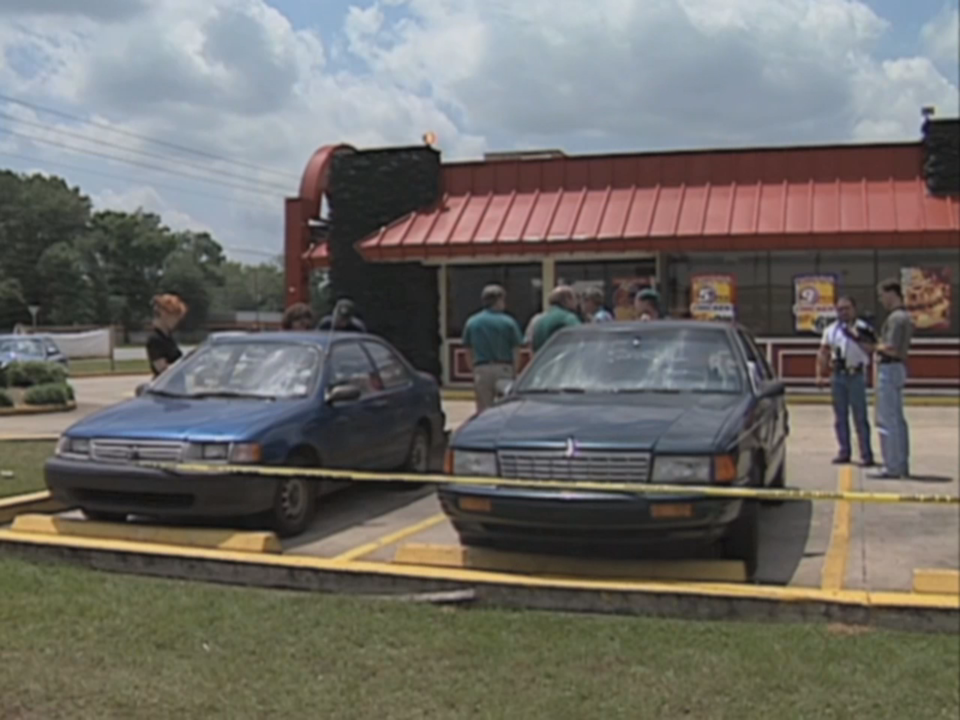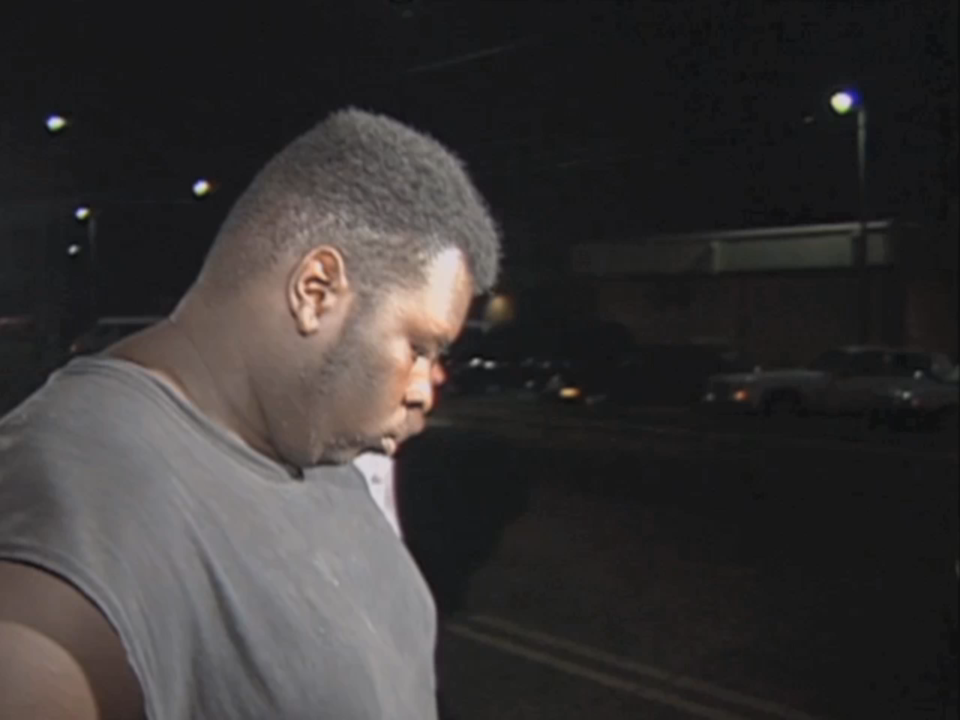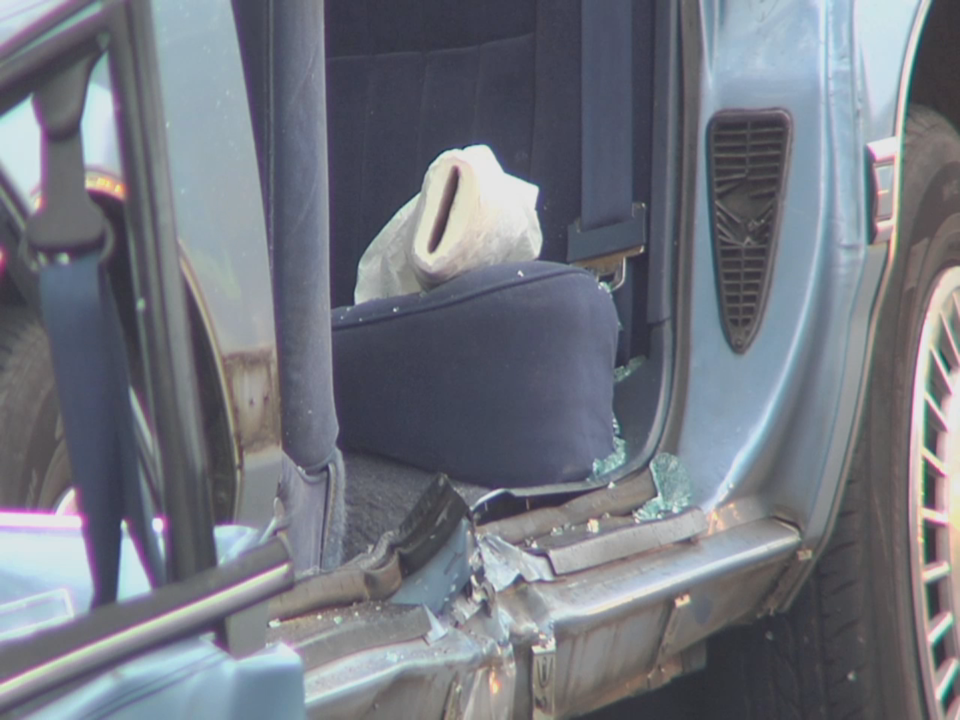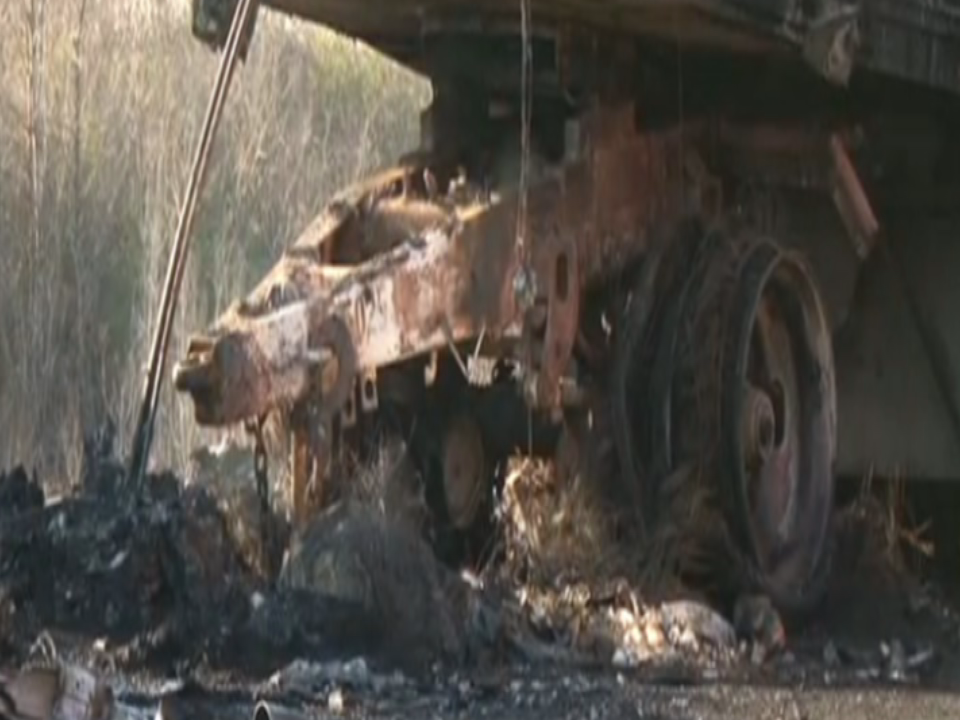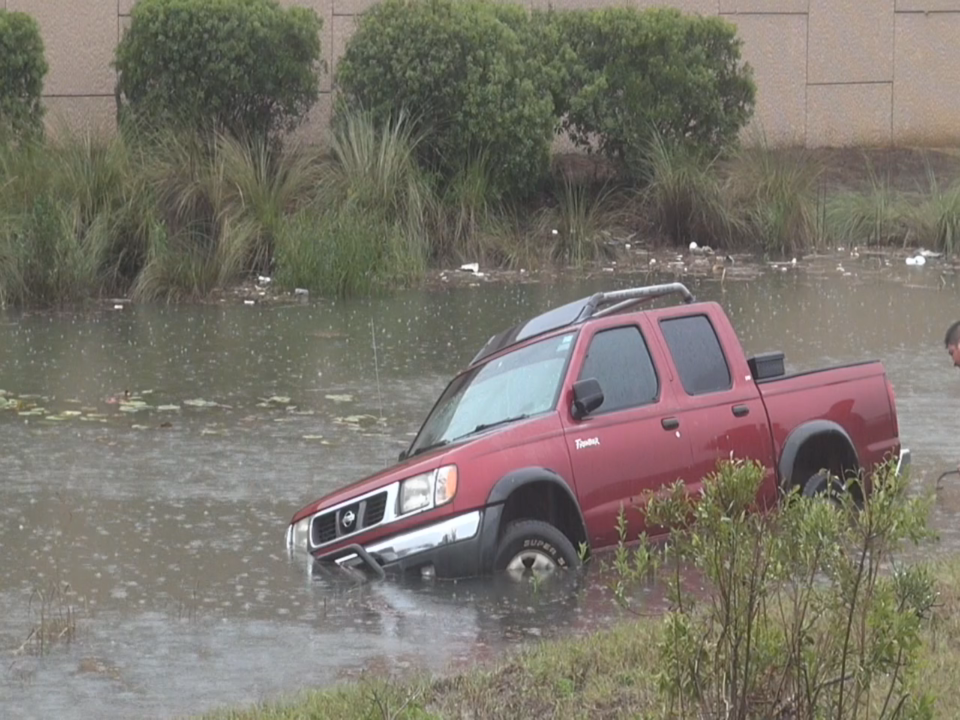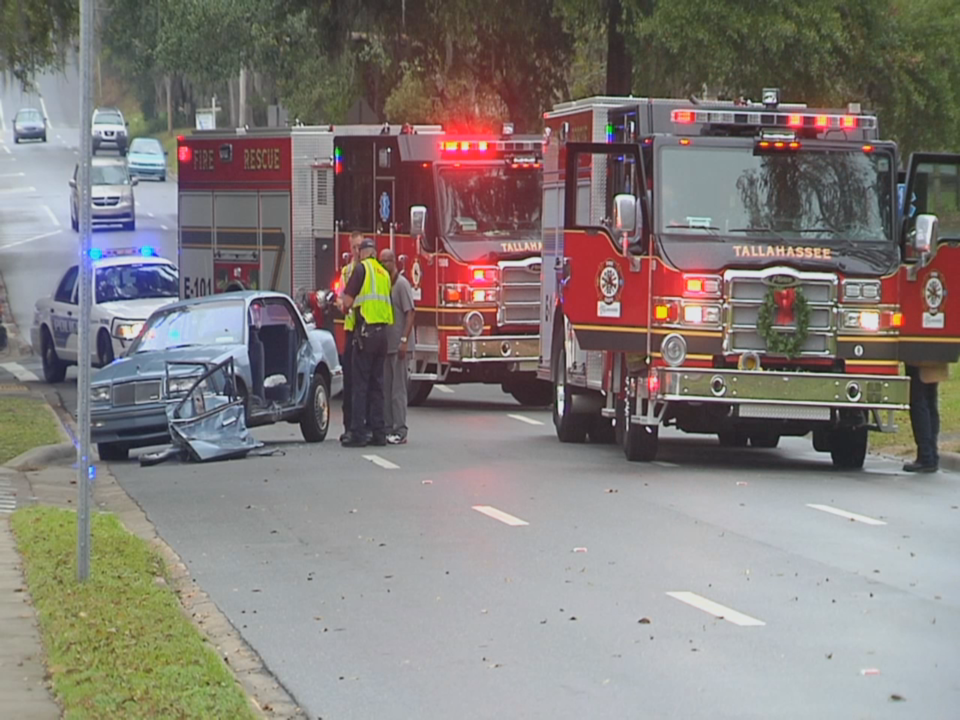Political Rebates Under Fire From Conservatives
May 13th, 2016 by Mike VasilindaTwo years ago, voters in the state Capitol approved a one of a kind rebate for political contributors. It was hailed nationally as a way to take big money out of politics, but as Mike Vasilinda tells us, conservative critics and big money are now trying to kill the idea.
Two our of three voters in the State Capitol voted to limit the size of political contributions in 2014. They also okayed a 25 dollar rebate for contributions made to city candidates. The Rebate was hailed as a way to get more small contributors involved while getting big money out of politics. But as the political season shifts into high gear, conservative critics like Barney Bishop of the Network of Entrepreneurs and Business Advocates are crying foul.
“It’s the stupidest idea I’ve ever heard of, and to use public tax dollars to do that? there’s not another city in the country that did it” says Bishop.
City Commission Gil Ziffer wants a do over vote in November.
“And I don’t think a lot of people knew they were voting for this. the rationale that’s been given to me is it gets more people running for office, it gets and opportunity for more people to give money, and I’m okay with all of that. I just think the citizens need a chance to vote on it all by itself. Up or down” says Ziffer.
But were people fooled? The ballot summer clearly says it created a campaign finance system.
Critics site the fact that only three people have applied for the refund as a reason to say it’s not working.
Joe Cain is one of them.
“You don’t find it automatically. you have to google and then you get a link to it, so its not so easy to find. That may be part of the problem” says Cain.
A Harvard Professor called the experiment grand and said if it worked, it could be expanded to the rest of Florida and the nation. But now may never know if it worked or not.
Roughly 800 people have contributed to local races in the Capitol this election cycle. If all of them applied for rebates, the cost would be about twenty thousand dollars, which is what was the original cost estimate for the program.
Posted in State News |  No Comments »
No Comments »





